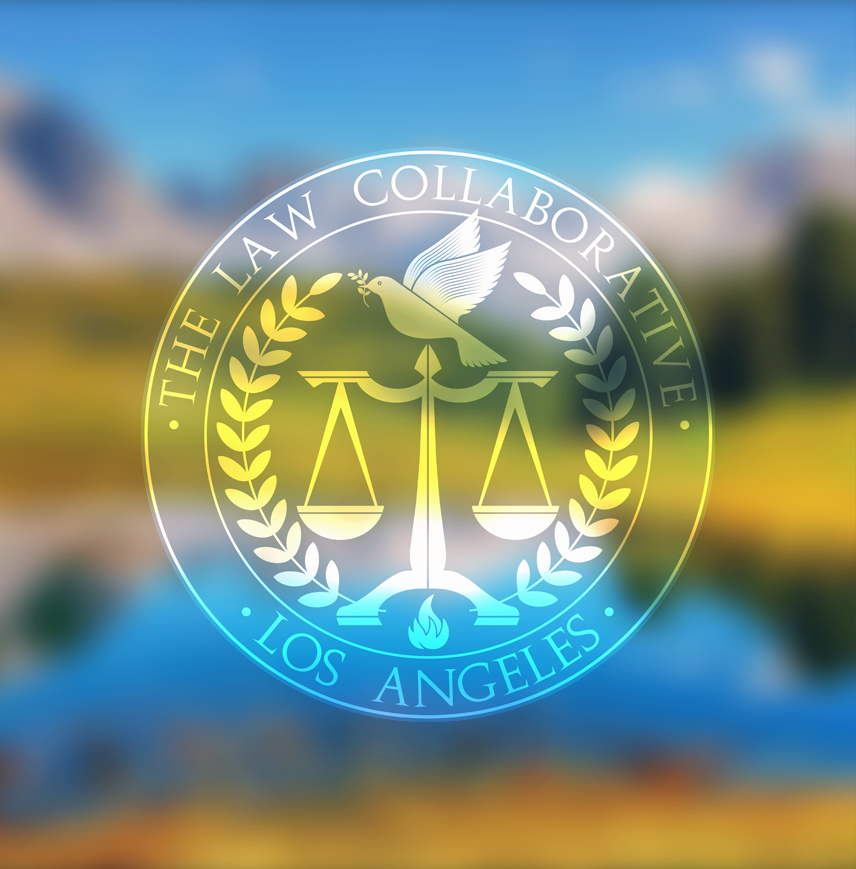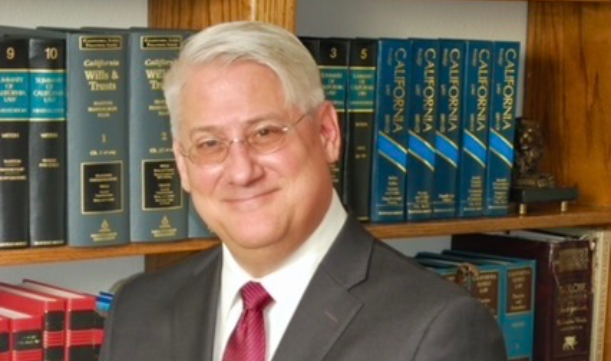by Ronald M. Supancic and Jan Frankel Schau
Just as you were getting used to the concept of Arbitration and Mediation as the common alternatives for resolving legal disputes, along comes “Collaborative Law.” Is it the talisman of future dispute resolution in America?
“Collaborative Law” is being widely used, particularly in Family Law settings globally. In fact, in many European countries, the Court system is only the last resort after all other so-called “Appropriate Dispute Resolution” alternatives are fully exploited. Like any new system, it will undoubtedly be met with some resistance from the Courts and the Bar. This article will explore the concept of “collaborative law” and other “appropriate” dispute resolution processes applicable to the civil case in Los Angeles County .
Ideally, most civil disputes could be resolved, (as they sometimes are in the family law arena) around the kitchen table. That is, the parties sit down together, break bread and make peace. They work out their disputes without the need for outside intervention. This is the first step in “Appropriate Dispute Resolution” – an earnest attempt for the parties to meet and resolve their differences informally.
Failing that, parties could and should retain a neutral dispute facilitator or manager: someone whom both parties could agree to hire to oversee collection and exchange of all the necessary facts in order to fairly evaluate and resolve the dispute. This individual would oversee depositions, collect documents and screen them for confidentiality claims, and keep the parties on a schedule for responding to one another’s requests and demands. This approach is not entirely novel: under the California Civil Code all new actions for defects in real estate construction by a Homeowner’s Association require retaining and using a Dispute Facilitator before filing a lawsuit.
Once the facts have been fully submitted and explored, a “conventional” mediation might be appropriate. There, each side would be able to present their version of the incident or claim, based upon the stipulated facts and exchanged evidence, and a neutral intermediary could actively engage the two sides in collaborating towards a resolution.
Some cases, one might argue, simply need an outside opinion or advisement on the guidelines for resolution. In those cases, an independent arbitrator should hear the facts, review the evidence, and provide his/her opinion on the terms of a resolution, by which the parties should agree in advance to abide. This model is commonly used in NASD cases where stock transactions are subject to binding arbitrations before a panel of pre-approved neutrals.
In other cases, where arbitration is inappropriate because the facts or issues are too complicated or sensitive, or because the outcome requires more creative thinking, “collaborative law” can provide the framework for the best representation and approach.
In a case in which the parties agree to engage in “collaborative law,” all parties and their counsel would sign a contract which agrees that no lawsuit will be filed and that the two “sides” will agree to work cooperatively, through their counsel, towards achieving resolution of the ultimate dispute. This explicitly requires that they also agree to work cooperatively in discovery and in negotiations. This approach works particularly well in the family law setting, because the marital Estate is paying for both sides’ representatives in most instances in California . Some Family Law Courts in Southern California are now endorsing the use of Collaborative Law and diverting appropriate cases to this new system. However, consider the implications of employing collaborative law in a civil dispute.
For example, in a simple personal injury matter, consider the agreement between an insurance carrier and an accident victim that they will each retain counsel, but will agree not to litigate. Instead, there will be an agreed upon timetable for exchange of all relevant documents, agreed joint depositions where necessary, and an agreed upon series of meetings for purposes of discussing the findings and evaluations, ultimately resulting in a “collaborative settlement meeting” where counsel meet – with clients present, to negotiate out a fair resolution. Brilliant, cost saving, efficient and effective!
Consider a complicated employment matter, in which a party claims wrongful termination based upon discrimination. Why not agree that the employer’s and employee’s attorneys meet, exchange documents, take depositions and ultimately sit down to a series of meetings designed to address the claims and defenses presented without the enormous cost of a trial? The costs of this approach would undoubtedly be collectively less that litigation, and the opportunity to fully ferret out the evidence would be greater, thereby positioning both sides to better evaluate their chances of success and relative strength of their positions. The result would be a negotiated resolution that logically and justifiably follows such an honest assessment amongst professionals.
In the last resort, where the value in controversy warrants it (cases with an amount in controversy over $500,000., perhaps) the parties could resort to court processes, approach their task “the old fashioned way” and litigate. There will always be room for this method of sorting out legal disputes but let’s be honest: fewer than 5% of all cases filed in L.A. County go to trial. So the next time you are going to file a lawsuit, particularly now that there is a two-year statute of limitations on torts, why not consider the “appropriate dispute resolution” and attempt to engage your opponent in collaborative thinking. You can be an effective advocate without being an adversary, and your client will be the ultimate winner for it.













